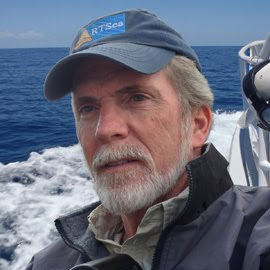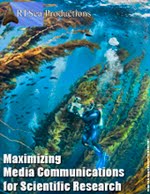 Several times in this blog I have cited my support of ecotourism as a means of enlightening people to the wonders of nature and the need for conservation. And while that is the overarching goal, for ecotourism to be truly successful it must contain a strong economic component that makes it appealing to those who may be faced with having to change established business models or personal activities for the sake of ecotourism operations.
Several times in this blog I have cited my support of ecotourism as a means of enlightening people to the wonders of nature and the need for conservation. And while that is the overarching goal, for ecotourism to be truly successful it must contain a strong economic component that makes it appealing to those who may be faced with having to change established business models or personal activities for the sake of ecotourism operations.But the economic incentives must not be confined to a small group of profitable businessmen; the community as a whole must benefit so as to ensure long-term support. This has been a cornerstone of the strategy taken by the Humane Society International and a recent email summary newsletter about their activities in promoting ecotourism in Latin America clearly illustrates their approach, from Costa Rica to Peru.
 Ranging from hospitality opportunities, including tour guide training to cabins and restaurants, to scientific research support to land and road development - all provide a variety of economic opportunities for local communities. It's fundamental and the cynic may see it as locals just being self-serving, but one of the best ways to garner support for conserving natural resources is to provide a tangible benefit, particularly in areas where the people's day-to-day existence holds much greater influence compared to big picture goals like conservation.
Ranging from hospitality opportunities, including tour guide training to cabins and restaurants, to scientific research support to land and road development - all provide a variety of economic opportunities for local communities. It's fundamental and the cynic may see it as locals just being self-serving, but one of the best ways to garner support for conserving natural resources is to provide a tangible benefit, particularly in areas where the people's day-to-day existence holds much greater influence compared to big picture goals like conservation.To borrow from a famous quote of Teddy Roosevelt, regulations and enforcement are required to wield "a big stick" at those who would willingly threaten our natural resources; ecotourism serves as a means to "speak softly" and gain converts from both outside and within critical nature sites.
Read HSI newsletter.

















No comments:
Post a Comment